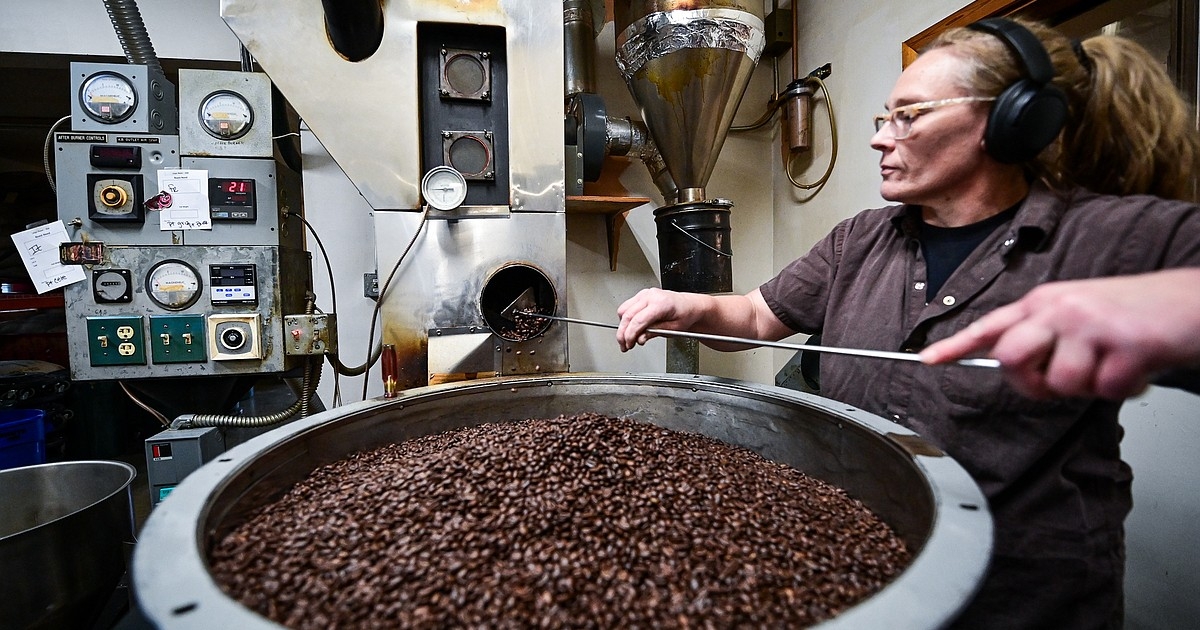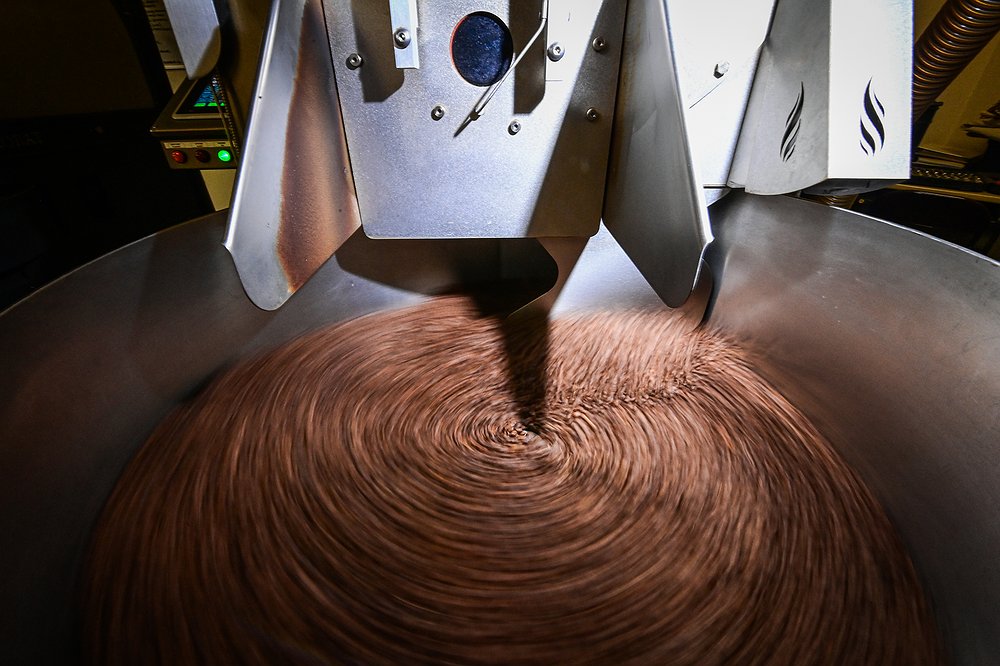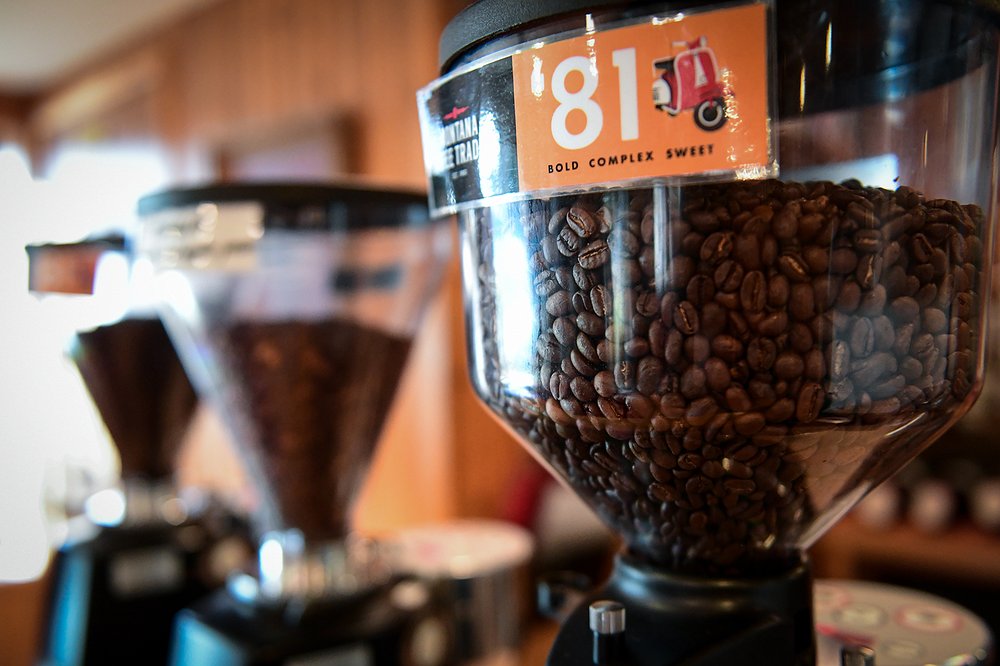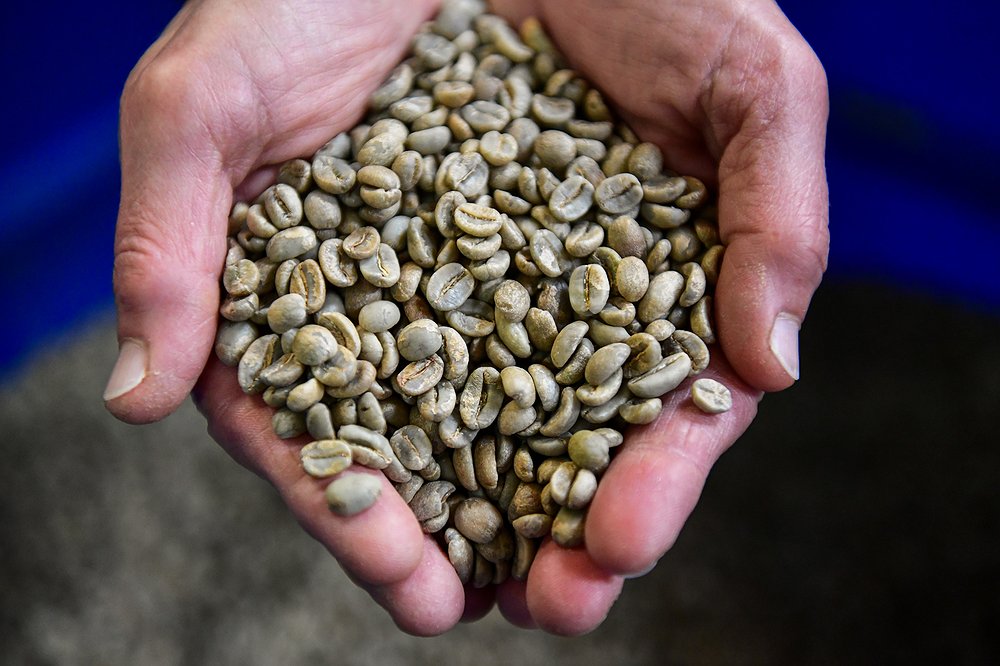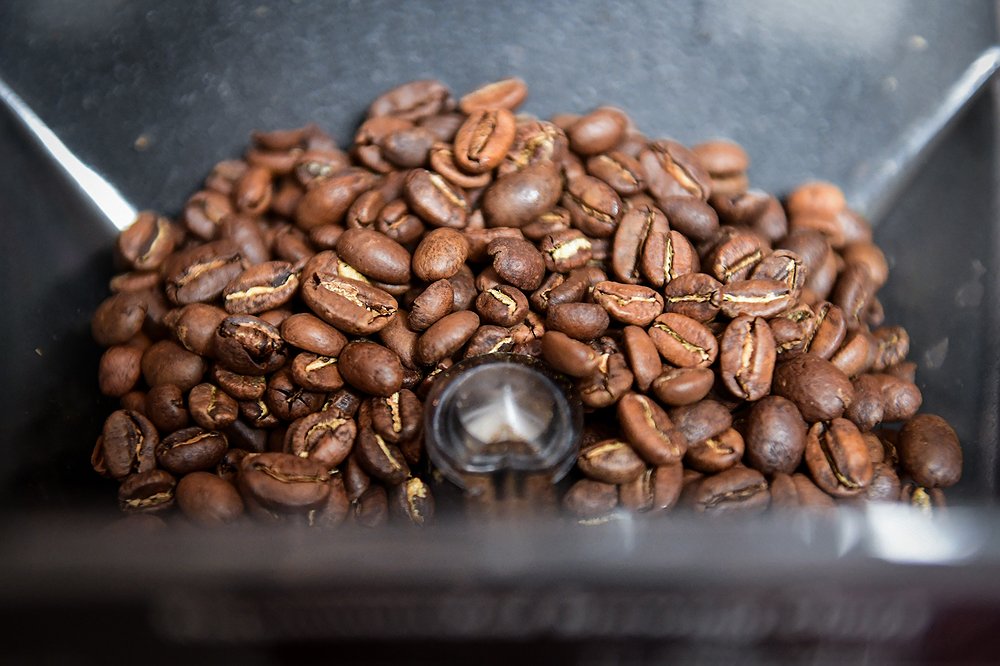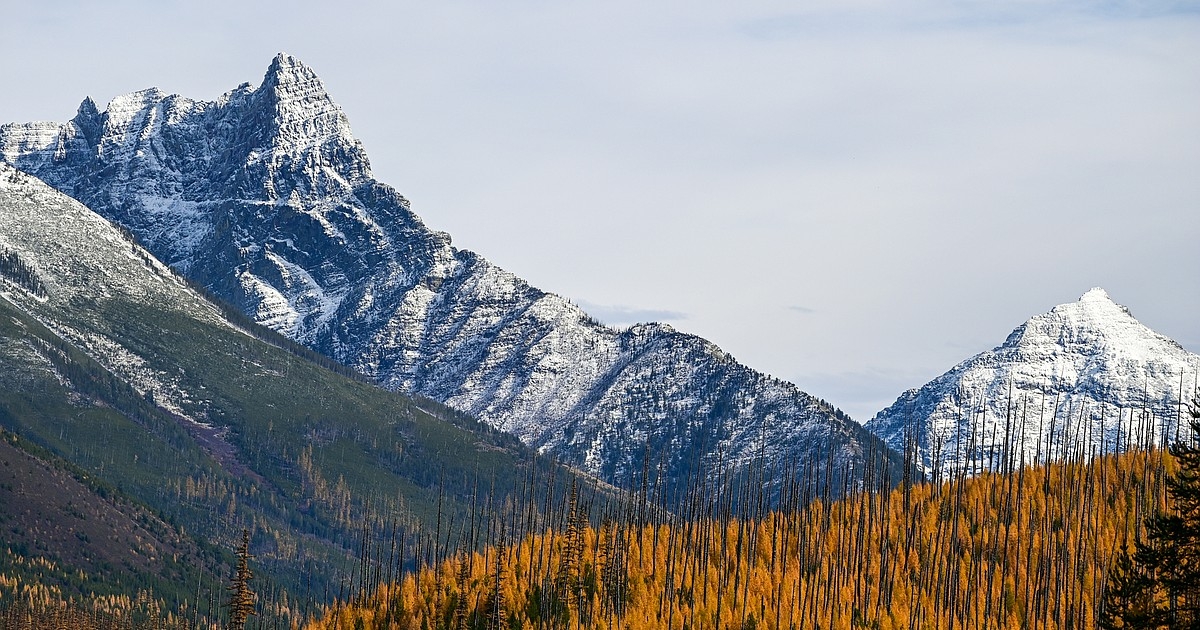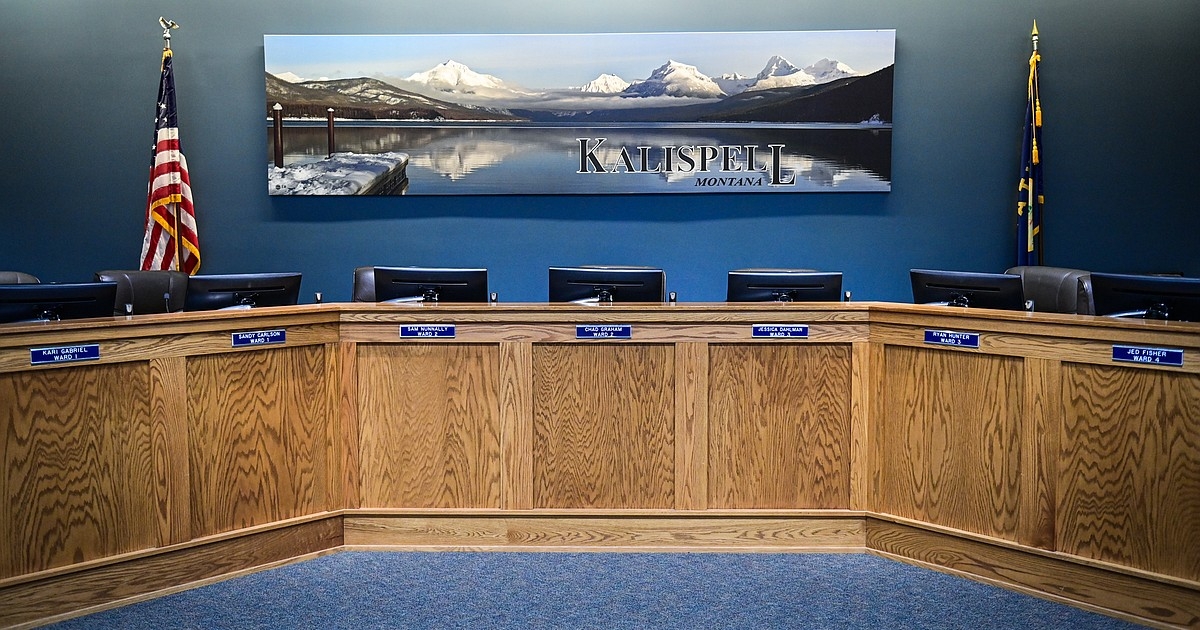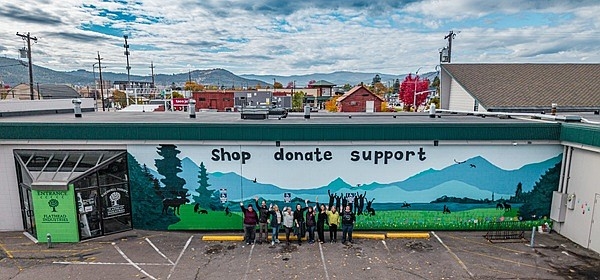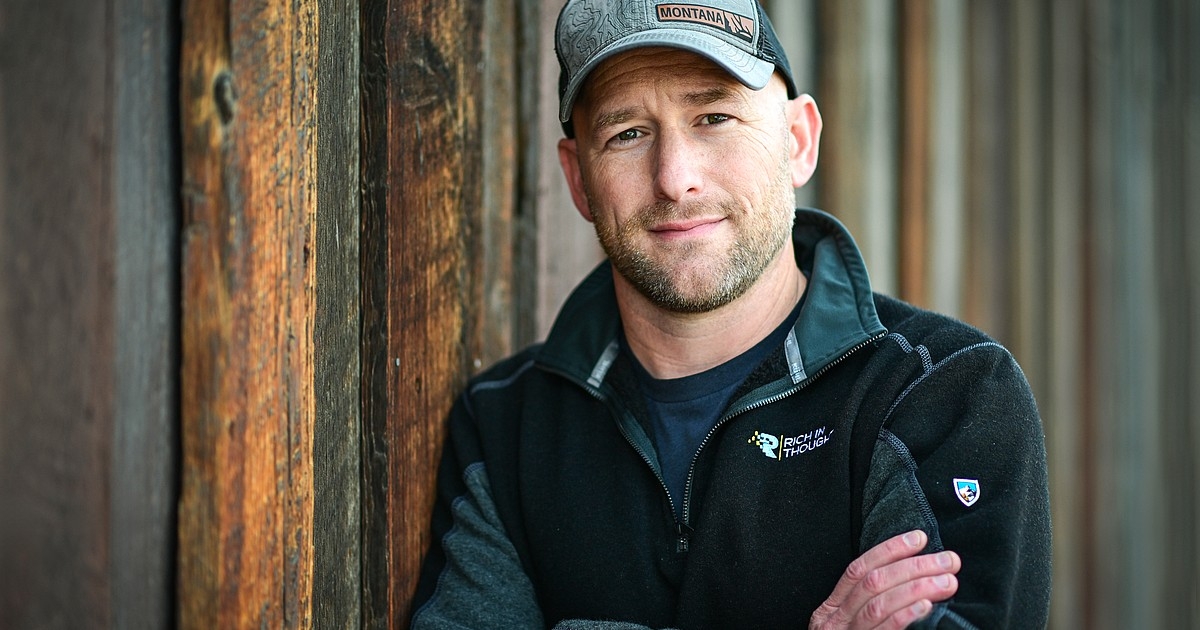Description
Alison Chopp has spent two decades sourcing coffee beans for Montana Coffee Traders. In that time, she’s never seen the raw coffee market struggle like it is today.
“It's the perfect storm,” Chopp said. “Nothing about sourcing coffee is familiar in the days we’re experiencing now.”
Amid an already struggling industry due to climate change, disease risk and labor costs, the rising cost of coffee beans in the United States have spiked due to tariffs. Local coffee shops and roasters have felt the impact, and though they’ve worked to find savings in other areas, some have been forced to increase prices.
Montana Coffee Traders, which has been roasting coffee at its location south of Whitefish since 1981, took on the costs as best as it could in the beginning, but the company was forced to implement slight price increases in both April and August.
When the main commodity that a business purchases doubles in price, it alters the market. It’s hard to run an operation on deficits, Chopp said.
Two-thirds of American adults enjoy a cup of joe each day, making it the country’s second-favorite beverage behind bottled water, according to the National Coffee Association. The trade group reports that coffee drinkers consume an average of nearly three cups per day.
With just a few places with the right conditions for growing coffee, such as Hawaii and Puerto Rico, more than 99% of America’s coffee is imported. The top sources of green coffee beans are Brazil, Colombia, Vietnam and Honduras, according to the coffee association.
A 50% tariff has been in place on products from Brazil, which accounts for 32% of the coffee imported into the U.S. And while last week the Trump administration said it was working on new trade agreements with four Latin American countries, those account for a much smaller percentage of U.S. coffee imports.
Roasted coffee at grocery stores across the country rose 18.9% in September compared to last year, following a 20.9% rise in August, according to the U.S. Bureau of Labor Statistics. Instant coffee prices rose 21.7% in September.
Locally, roasters and cafes have been forced to choose between waiting out the trade disputes or passing the increased costs to customers. Some are also changing the way beans are sourced.
At Uptown Hearth in Columbia Falls, drinks in the cafe have increased by 50 cents and bags of retail coffee have gone up $2 to $3, depending on the origin of the coffee beans.
“We have increased our price of coffee, but we’re still trying to keep it as low as we can,” said owner Chas Brandt. “What we’ve done is not purchase beans from certain countries.”
Coffee that used to range from $4 to $5 per pound is now costing roasters $7 to $8 to bring into the country, Brandt said.
“It could be devastating, not only for us but for the people who grow coffee,” Brandt said. “For a lot of people, this is their livelihood, this is something they need to sustain themselves. It's more than just a cup of coffee.”
He hopes the tariffs go away eventually, so people in the industry can focus on dealing with factors like climate change and labor rights. Coffee prices rose independent of tariffs after the National Oceanic and Atmospheric Administration declared that La Nina conditions had formed, raising concerns about drought in Brazil.
Chopp at Montana Coffee Traders echoed Brandt’s sentiment.
“We need to focus on the issues that affect the people growing the coffee so we can continue getting coffee into the country,” she said.
Shops that don’t roast beans in-house have also felt the impact, including Kalispell’s Colter Coffee, according to owner Stacy Rosenlund.
“We are constantly watching those prices, and it just has climbed up slowly. Maybe in the last six months or a year we’ve for sure seen a bigger jump,” she said.
Colter Coffee hasn’t adjusted its prices in about three years, but increased costs have made the coffee shop focus on limiting its waste to make up for slimmer margins.
Coffee roasters and cafe shop owners will continue to keep an eye on coffee bean prices, while continuing to serve customers.
“Keep supporting your local roasters,” Chopp said. “This is a real thing, and we’re paying the price.”
Reporter Kate Heston may be reached at 758-4459 or [email protected].
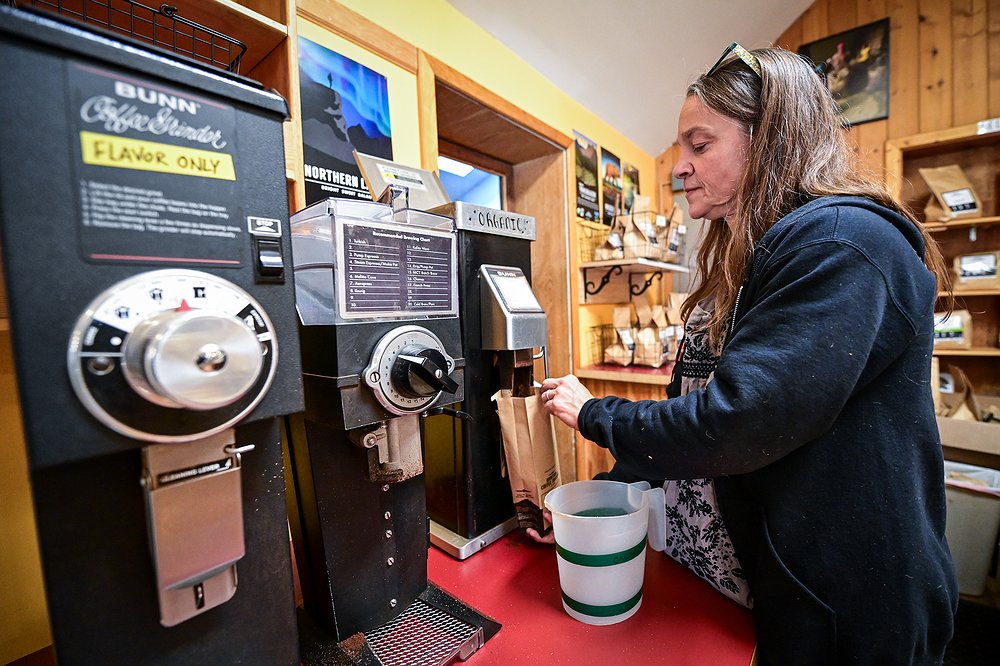 Alison Chopp grinds coffee beans for a customer at Montana Coffee Traders Roastery and Cafe in Whitefish on Friday, Nov. 7. (Casey Kreider/Daily Inter Lake)
Alison Chopp grinds coffee beans for a customer at Montana Coffee Traders Roastery and Cafe in Whitefish on Friday, Nov. 7. (Casey Kreider/Daily Inter Lake)
Casey Kreider
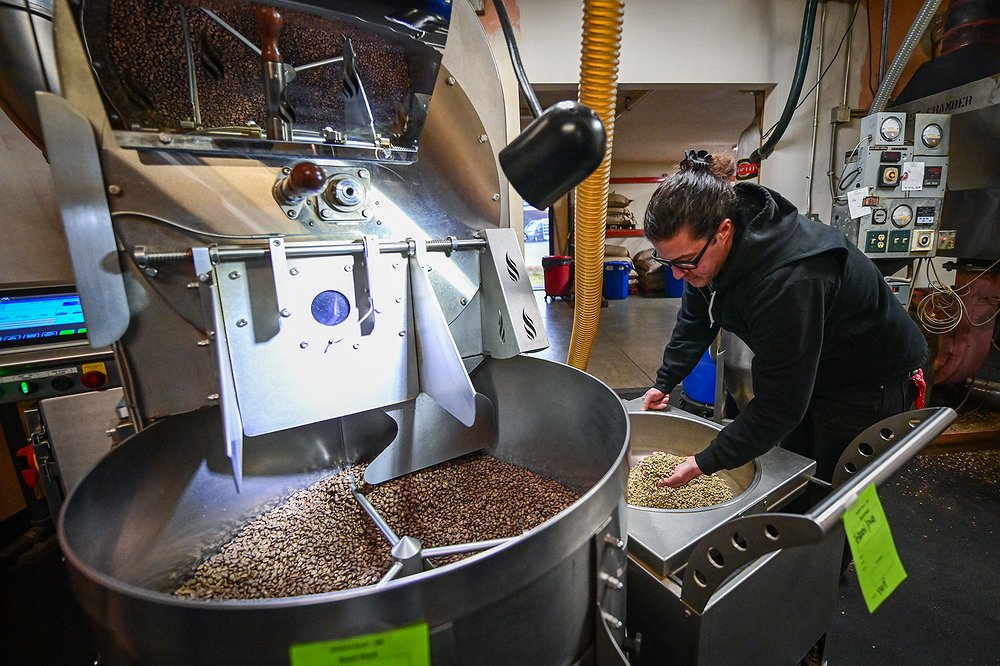 Roastmaster Zach Farnes checks on a batch of roasting coffee beans at Montana Coffee Traders Roastery and Cafe in Whitefish on Thursday, Nov. 13. (Casey Kreider/Daily Inter Lake)
Roastmaster Zach Farnes checks on a batch of roasting coffee beans at Montana Coffee Traders Roastery and Cafe in Whitefish on Thursday, Nov. 13. (Casey Kreider/Daily Inter Lake)
Casey Kreider
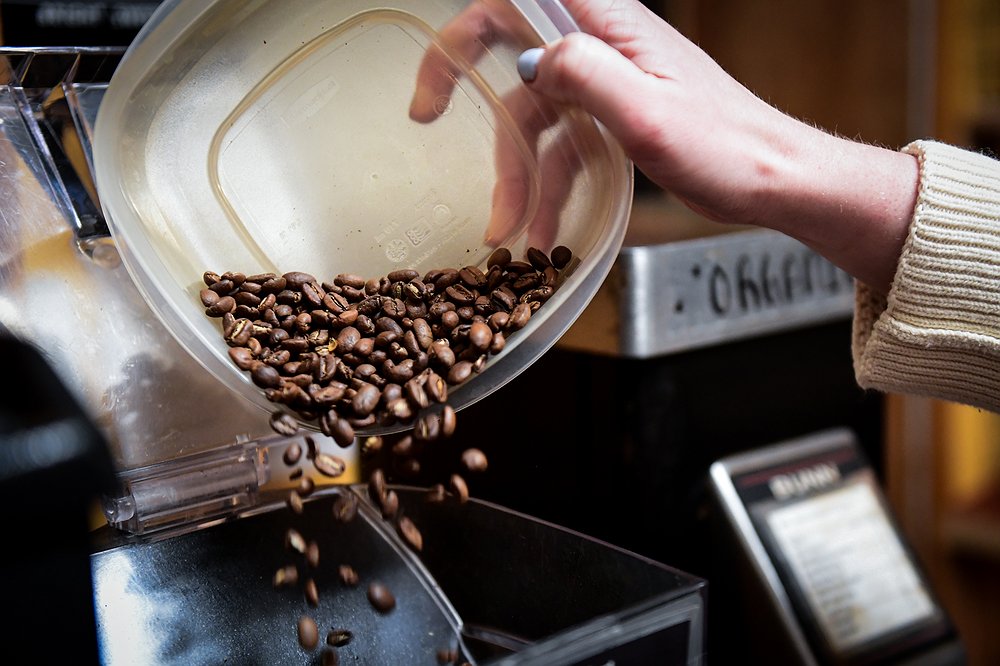 A blend of Sumatran and Ethiopian coffee beans are ground at Montana Coffee Traders Roastery and Cafe in Whitefish on Friday, Nov. 7. (Casey Kreider/Daily Inter Lake)
A blend of Sumatran and Ethiopian coffee beans are ground at Montana Coffee Traders Roastery and Cafe in Whitefish on Friday, Nov. 7. (Casey Kreider/Daily Inter Lake)
Casey Kreider
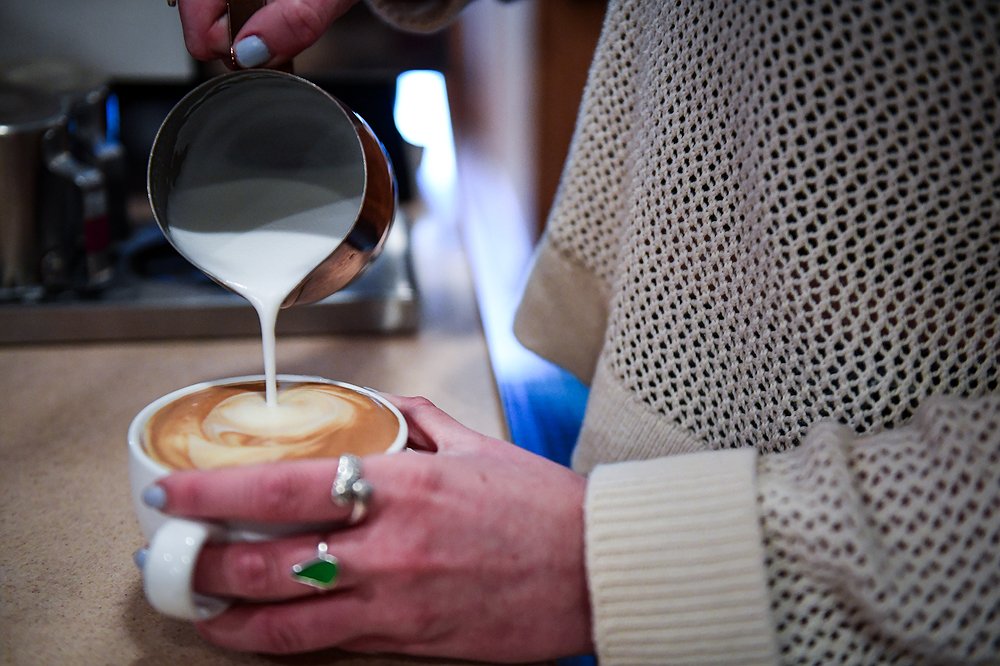 Kristen Engdahl pours milk to make a latte at Montana Coffee Traders Roastery and Cafe in Whitefish on Friday, Nov. 7. (Casey Kreider/Daily Inter Lake)
Kristen Engdahl pours milk to make a latte at Montana Coffee Traders Roastery and Cafe in Whitefish on Friday, Nov. 7. (Casey Kreider/Daily Inter Lake)
Casey Kreider
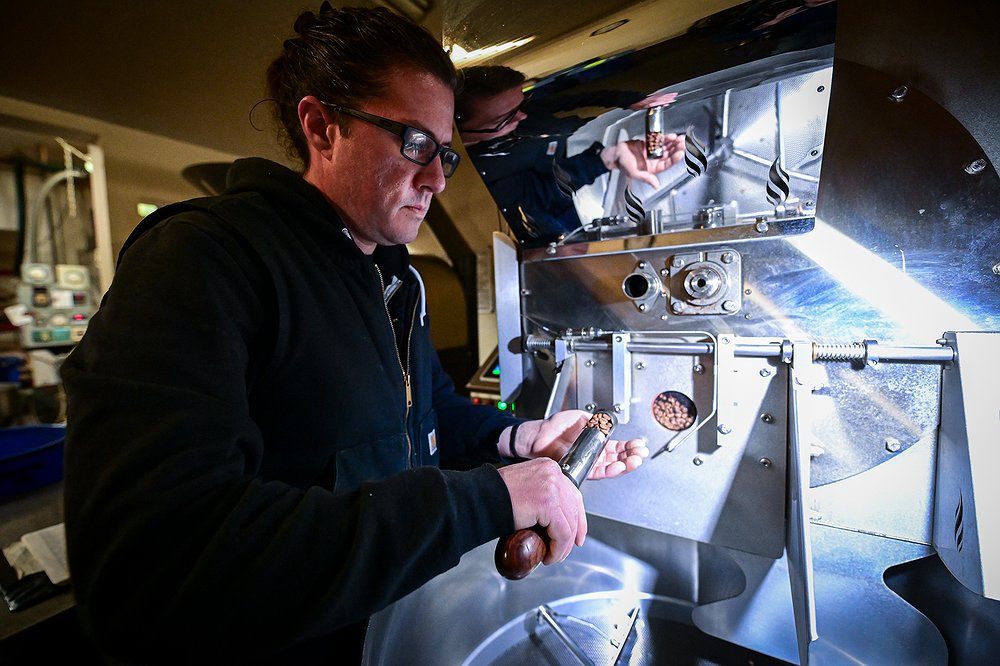 Roastmaster Zach Farnes checks on a batch of roasting coffee beans at Montana Coffee Traders Roastery and Cafe in Whitefish on Thursday, Nov. 13. (Casey Kreider/Daily Inter Lake)
Roastmaster Zach Farnes checks on a batch of roasting coffee beans at Montana Coffee Traders Roastery and Cafe in Whitefish on Thursday, Nov. 13. (Casey Kreider/Daily Inter Lake)
Casey Kreider
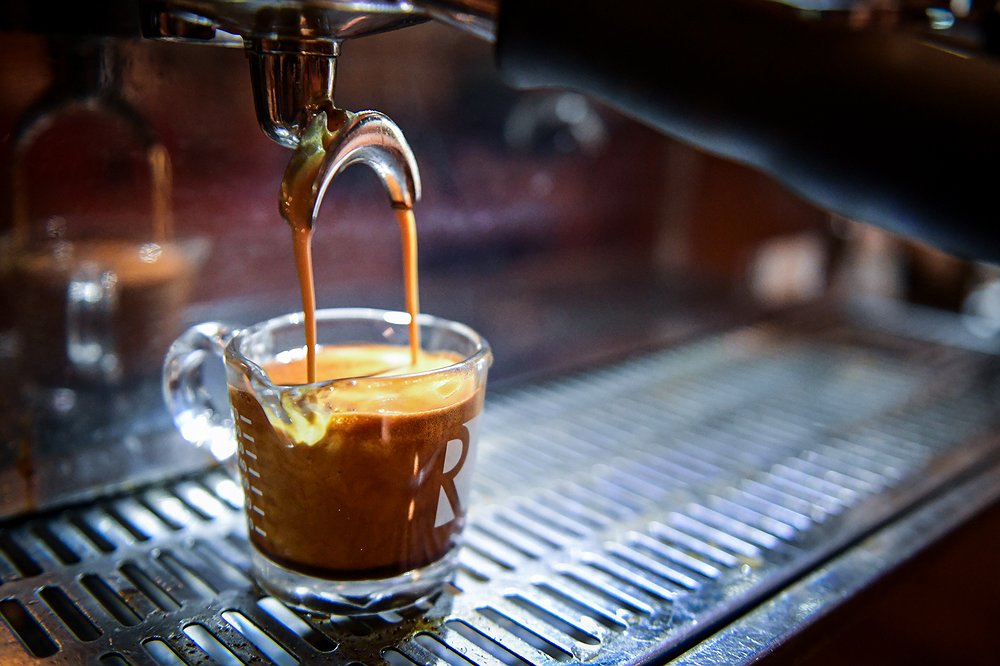 An espresso shot is brewed to make a latte at at Montana Coffee Traders Roastery and Cafe in Whitefish on Friday, Nov. 7. (Casey Kreider/Daily Inter Lake)
An espresso shot is brewed to make a latte at at Montana Coffee Traders Roastery and Cafe in Whitefish on Friday, Nov. 7. (Casey Kreider/Daily Inter Lake)
Casey Kreider
Other Related News
11/17/2025
The recent fall thaw is about to give way to a sharp November nipSnow levels across weste...
11/17/2025
The first thing Dr Anna Knisely brought to her new office at Logan Health was a frame con...
11/17/2025
Kalispell City Council is expected to sign a proclamation Monday pledging support for the...
11/16/2025
Flathead Industries has unveiled a new community mural at its Kalispell Thrift Store crea...
11/16/2025


